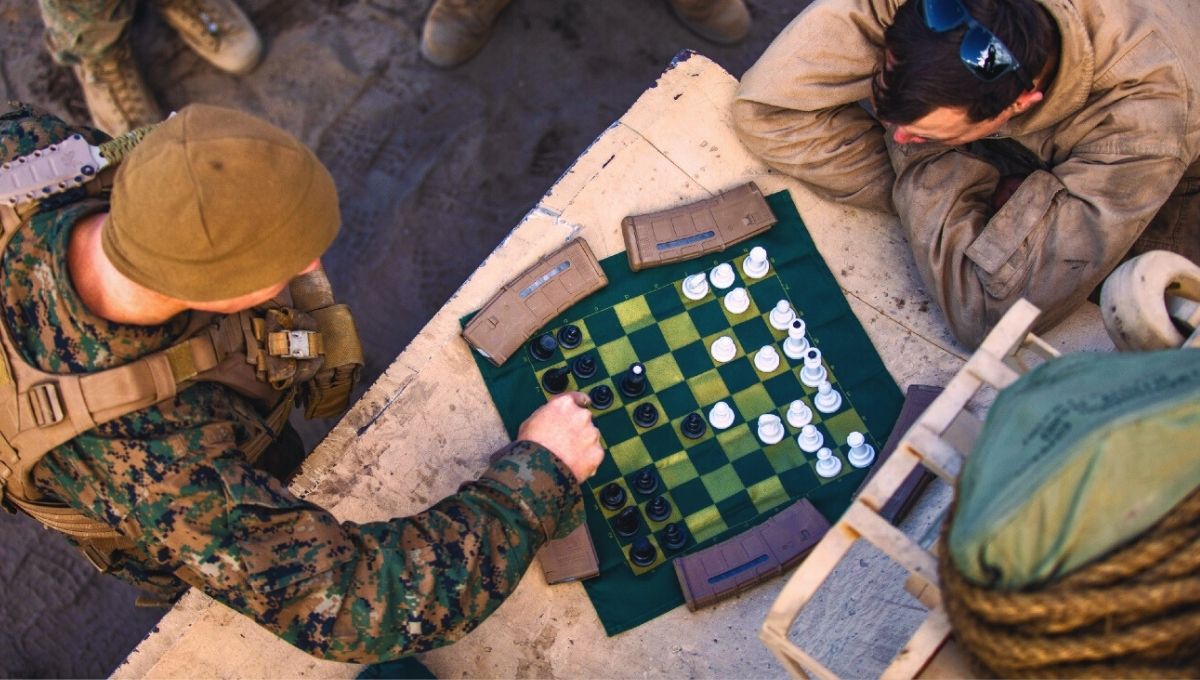Chess and war are two vastly different domains, but many draw comparisons between them.
Despite being an unlikely pairing, the strategic and tactical aspects of chess and war share some similarities.
In this article, we will examine why chess is frequently compared to war and explore the similarities and differences between these two fields.
The Strategic Nature of Chess and War
One reason for comparing chess and war is their strategic nature. Both require an understanding of the playing field, anticipation of and response to opponents’ moves, and constant adjustments of one’s approach.
In chess, players must consider the position of each piece on the board, potential moves, and the overall game objective.
Likewise, in war, commanders must consider the military landscape, potential challenges and opportunities, and the ultimate goal of achieving victory.
The Importance of Timing and Sequencing
Timing and sequencing are critical in both chess and war.
In chess, players must choose the right moment to move their pieces, considering the position of other pieces on the board and anticipating the opponent’s potential response.
In war, timing and sequencing are equally crucial, as military maneuvers must be carefully timed to capitalize on opportunities and avoid potential setbacks.
For example, a military commander must know the right time to launch an offensive, fortify defenses, or negotiate with their opponents.
The Role of Strategy and Tactics
Chess and war both require a strong grasp of strategy and tactics. In chess, players use tactics to achieve their strategic objectives, such as attacking an opponent’s pieces or controlling the center of the board.
Similarly, in war, tactics are used to achieve strategic goals, such as capturing key terrain, neutralizing enemy forces, or disrupting supply lines.
Effective strategy and tactics in both domains require creativity, adaptability, and the ability to think several moves ahead.
The Differences between Chess and War
While there are several similarities between chess and war, there are also significant differences.
For one, the objectives of the two fields are distinct: the objective of chess is to checkmate the opponent’s king, while the objective of war is to achieve military victory.
Additionally, the rules of the game are very different.
Chess is a structured game with a fixed set of rules, while war is a complex and constantly evolving domain with numerous variables and uncertainties.
What We Can Learn from the Comparison?
While chess and war may seem like an unlikely pairing, there are several lessons to learn from the comparison.
Firstly, the strategic and tactical skills developed through playing chess can be useful in the military realm.
Secondly, studying military history and strategy can offer insights into how to play chess more effectively.
Finally, the comparison highlights the importance of critical thinking, creativity, and adaptability in both domains.
